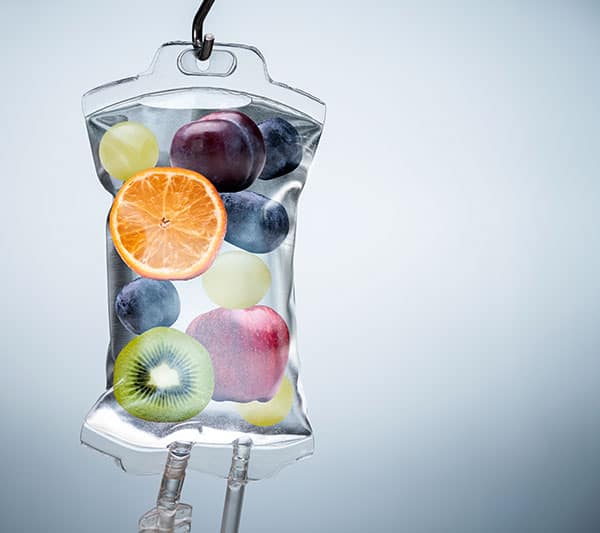Click HERE To Buy Diflucan Online ↓
 Diflucan and Alcohol: Is Mixing Safe?
Diflucan and Alcohol: Is Mixing Safe?
Understanding Diflucan: Uses and Mechanism
Diflucan, known generically as fluconazole, is a widely used antifungal medication that treats various fungal infections. By inhibiting the synthesis of ergosterol, a key component of fungal cell membranes, Diflucan effectively halts the growth of fungi, proving particularly beneficial for conditions like yeast infections, thrush, and certain types of meningitis. In comparison to topical treatments, its oral administration allows it to systematically reach and combat infections throughout the body, offering convenience and comprehensive protection.
| Property | Details |
|---|---|
| Generic Name | Fluconazole |
| Mechanism | Inhibits ergosterol synthesis |
| Common Uses | Yeast infections, thrush, meningitis |
The Science Behind Alcohol Interaction

Diflucan, known scientifically as fluconazole, interacts with the liver's enzymes, the same ones that metabolize alcohol. When both substances vie for these enzymes, it can disrupt metabolic processes, leading to unexpected effects. Alcohol is known to boost the effects of certain medications, and, in the case of Diflucan, can amplify side effects or diminish the drug's effectiveness.
Further complicating this interaction is alcohol's impact on the liver, which is primarily responsible for breaking down toxins. Diflucan itself can stress the liver, so combining it with alcohol may exacerbate any potential liver issues. This burden can hinder the liver's capacity to process both substances efficiently.
Understanding the body's complex chemistry underscores the notion that mixing alcohol with Diflucan can invite unforeseen complications. This biochemical interplay between the drug and alcohol warrants caution and awareness to avoid unintended consequences.
Potential Risks of Mixing Diflucan and Alcohol
Mixing Diflucan with alcohol presents several potential challenges due to how both substances interact in the body. Diflucan, a widely used antifungal medication, works by inhibiting the growth of certain fungi, addressing infections efficiently. When alcohol comes into play, it can strain the liver, which is responsible for metabolizing both alcohol and Diflucan. This combination might heighten the risk of liver damage, especially in individuals with preexisting liver conditions. Additionally, alcohol may exacerbate Diflucan’s side effects, such as nausea, dizziness, and headaches. It's crucial for individuals taking Diflucan to carefully consider these risks and consult healthcare professionals when contemplating alcohol consumption.
Real-life Experiences and Anecdotes from Users

Many individuals who have taken Diflucan, an antifungal medication, share varied experiences when it comes to consuming alcohol simultaneously. One user reported feeling unusually dizzy and nauseous after just a small amount of wine, despite usually tolerating alcohol well. This unexpected reaction left them questioning if the combination with Diflucan was the cause.
Conversely, another user shared that they experienced no adverse effects when they consumed alcohol while on Diflucan, although they chose to limit their intake to ensure the medication's efficacy. Despite mixed experiences, these anecdotes underscore the importance of consulting healthcare professionals, as individual reactions can vary significantly.
Expert Opinions and Medical Recommendations
In the realm of clinical advice, several professionals caution against the concomitant use of Diflucan and alcohol. Dr. Emily Martinez, an infectious disease expert, notes that alcohol might exacerbate the side effects of Diflucan, such as dizziness and nausea. Meanwhile, pharmacist John Patel emphasizes the increased burden on the liver when both substances are processed simultaneously. Their insights align with the Centers for Disease Control and Prevention (CDC) guidelines that prioritize patient safety and suggest avoiding alcohol to prevent potential complications during Diflucan treatment.
| Expert | Recommendation |
|---|---|
| Dr. Emily Martinez | Avoid alcohol to reduce side effect risk |
| John Patel, Pharmacist | Limit alcohol to avoid liver stress |
Tips for Safely Managing Medication and Alcohol
Creating a balanced approach to medication and alcohol requires diligence and mindfulness. Start by consulting your healthcare provider to understand the potential interactions and develop a plan that prioritizes your health. Keep a detailed journal tracking your medication schedules and any alcohol consumption, noting any unusual symptoms. Avoiding alcohol entirely while on medication is often the safest route, but if you choose to indulge, do so minimally. Remember, your health is paramount, and staying well-informed is your best defense against unwanted side effects.




